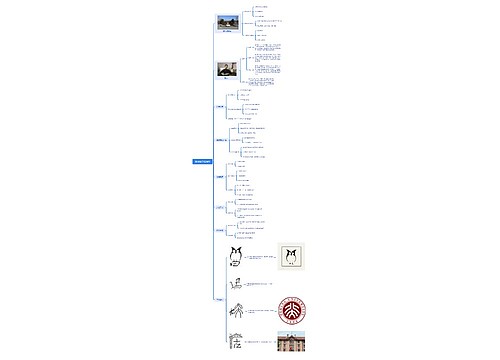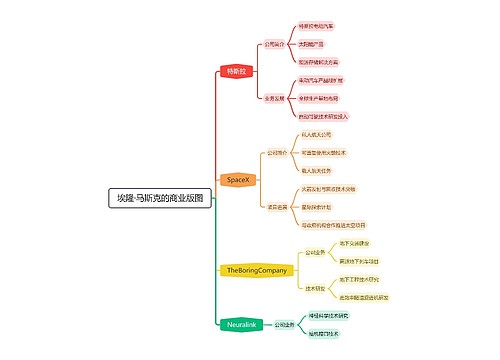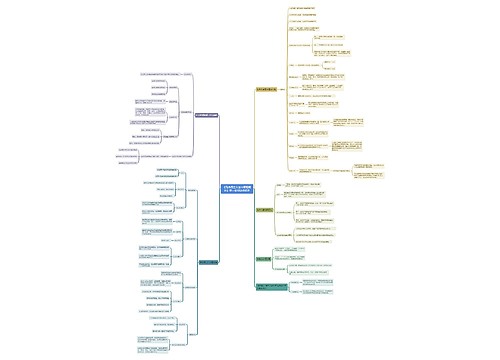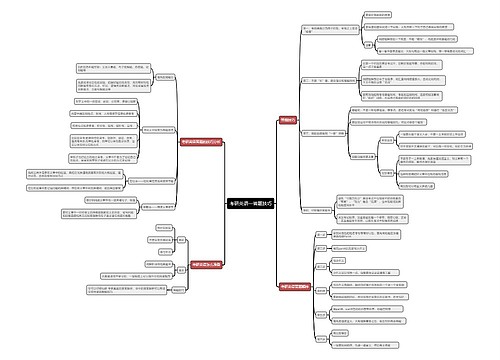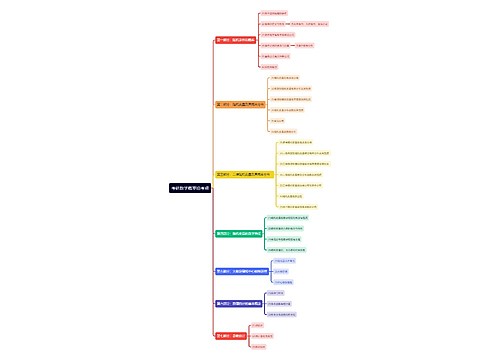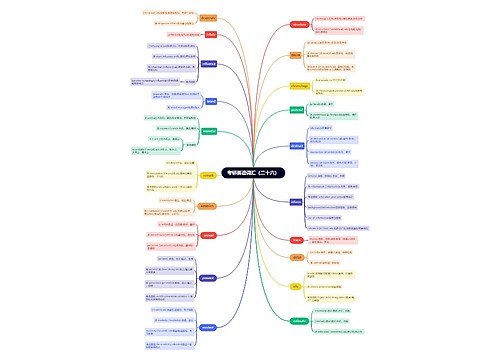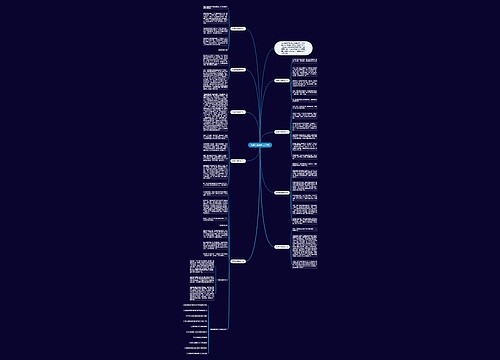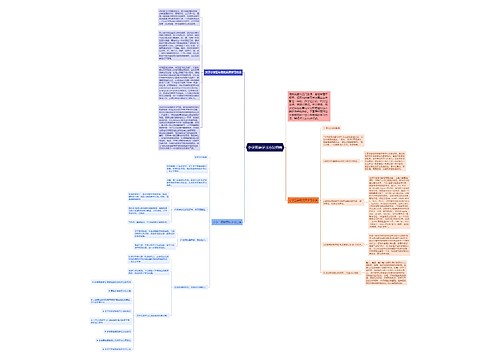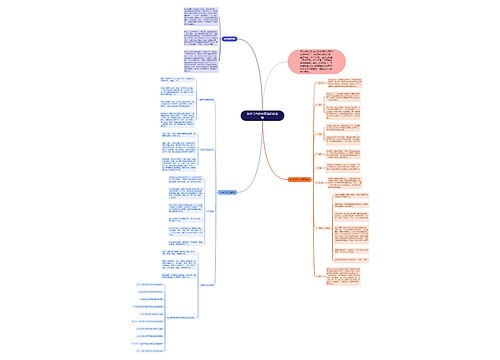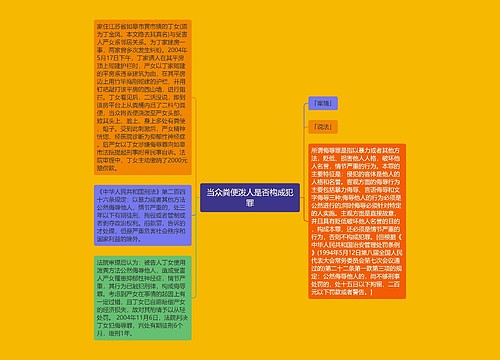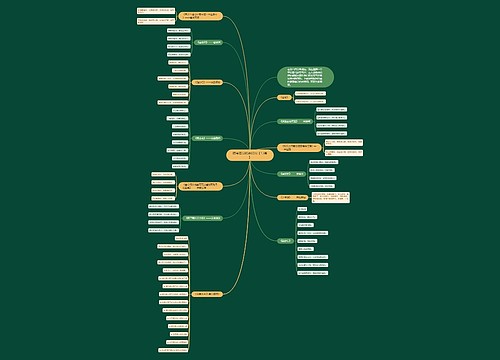1.Urgent action is needed in countries impacted by fragility,conflict and violence(FCV)to end extreme poverty globally,according to the World Bank Group.As crisis situations become increasingly protracted—with dire impacts on people and economies—the World Bank Group today released an FCV strategy,which for the first time systematically brings a full suite of financing and expertise to address these challenges in both low-and-middle income countries.
2.On the current trajectory,by 2030 up to two-thirds of the world’s extreme poor will live in fragile and conflict-affected countries,according to a World Bank report also released today.Bucking the overall trend of a global decrease in extreme poverty,these countries are seeing sharp increases,threatening decades of progress in the fight against poverty.Fragile and conflict-affected situations take a huge toll on human capital,creating vicious cycles that lower people’s lifetime productivity and earnings and reduce socioeconomic mobility.One in five people in these countries are deprived of money,education and basic infrastructure simultaneously.And the number of people living in close proximity to conflict has nearly doubled in the past 10 years.
3.Fragile and conflict-affected situations take a huge toll on human capital,creating vicious cycles that lower people’s lifetime productivity and earnings and reduce socioeconomic mobility.One in five people in these countries is deprived of money,education and basic infrastructure simultaneously.And the number of people living in close proximity to the conflict has nearly doubled in the past 10 years.
4.The strategy also emphasizes long-term support to help countries transition out of fragility,including private sector solutions,such as scaling-up investments in small and medium enterprises that are essential to create jobs and spur economic growth.It has addressed the cross-border impacts of FCV,for example by focusing on the development needs of both refugees and host communities.
5.This institutional shift is backed by increases in the financing both through the World Bank’s General Capital Increase and through the recently approved replenishment of IDA,the World Bank’s fund for the poorest countries,which included over$20 billion for FCV.The Bank and IFC will also make key operational change,such as deploying more staff and resources to countries impacted by FCV and partnering with a range of international and local actors.
回首"双十一"购物节诞生的这十一年,从最初的单身慰问到如今的全民消费狂欢,今天的"双十一"已经不仅仅是一个购物节日,甚至不只是一种现象级商业事件。随着"双十一"对供应链辐射的范围越来越广,其可以说已经成为一个提升社会生产能力的巨大发动机。(15分)
近年来,我国经济增长已由主要依靠投资、出口拉动转向依靠消费、投资、出口协同拉动;而内需更是增长的主动力来源。(5分)
在全球疫情大流行与经济不确定性并存的背景下,前三季度中国经济能够在巨大困难中实现"由负转正",诸多统计数据已经充分证明,最大的动力源还是来自于内需市场,这也是引爆"双十一"的巨大底气。(10分)
无论是十一线下假日经济的火爆,还是今天的"双十一"线上线下购物狂欢,都是内需强大势能的最好展现,而这也为扩大内需、打通内循环提供了一个支点。前不久召开的十九届五中全会就明确指出,未来要坚持扩大内需这个战略基点,构建完整的内需体系,全面促进消费,拓展投资空间。(15分)
随着近年来经济转向高质量发展,居民收入水平也在不断提升,社会对于消费的需求也在日益多元化和品质化。(5分)
从居民收入结构来看,我国有数量可观的高收入人群、庞大的中等收入群体,同时低收入人群规模仍然巨大,对于性价比的追求依然存在巨大市场空间。而"双十一"则可以满足这种条件:海量的消费品中,既包括侧重数量、对价格敏感的生存型消费品,也包括高品质、个性化的享受型、改善型消费品。(20分)



